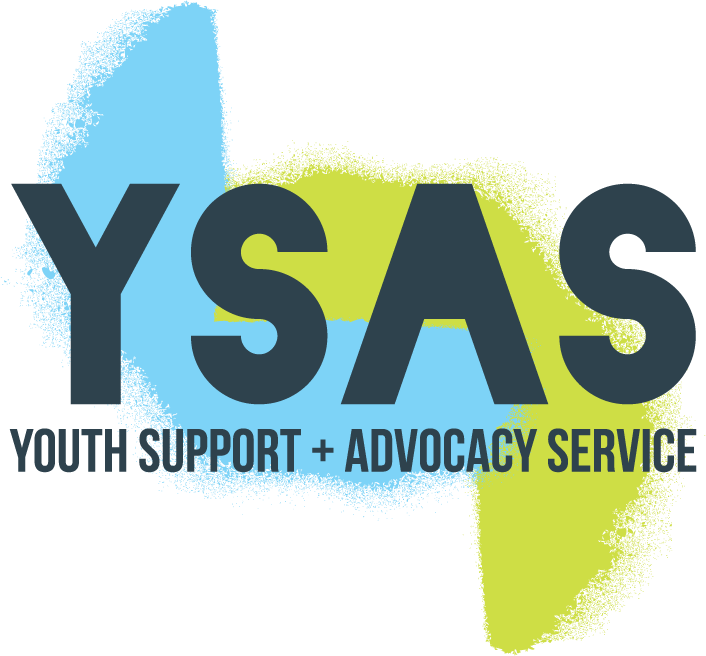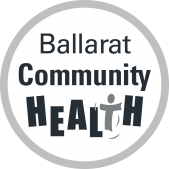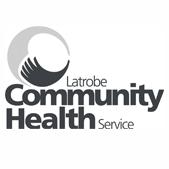Useful Tools
Talking to a resistant student
It’s possible that many students you support will have been forced to see you because someone else has made the judgement that their substance use is impacting negatively on their safety, health and well-being.
Many students will have no desire or motivation to change their drug or alcohol use and it is likely you will encounter some resistance to offers of help and support.
Rather than giving up there are some strategies you can employ to increases the chances a young person will engage and allow some level of support.
- Initially, simply focus on creating the conditions that support constructive engagement rather than focusing on helping or making a young person change.
- Formal processes and settings such as a school office, (where a student may feel they are in trouble) may interfere or impede the engagement process. Consider different settings for meeting with or talking to a student.
- The first time you meet with a student, make sure your role and intention is clear.
- Be very explicit about privacy and confidentiality considerations and any limits to this. For instance at what point would you notify a student’s parents about an issue?
- Give a student the opportunity to talk about why they feel they are seeing you and what they expect.
Even if these strategies are employed, you may still experience some level of resistance. Generally, resistance will be in the form of statements from a student that support is not needed or likely to be useful.
- ‘You can tell me all you want, I’m not going to stop drinking with my mates’,
- ‘Smoking is the only way to really relax’
Or alternatively resistance may be more about negative statements about having to see you such as:
- 'You will never understand what it’s like for me’
- 'You’ll make no difference to me’
The best way to deal with this type of resistance is to not exacerbate it. Avoid direct disagreement with a students’ arguments. You are more likely to reinforce their resistance!
Instead “stop” whatever it was you were doing or saying (perhaps you were being too directive, persuasive or overly optimistic), and then ‘drop’ back to a neutral stance to emphasise that the student has control over their decisions.
Let a young person come to their own conclusions about whether support is needed or not. With the student, it might be useful to check out this article on YoDAA youth about weighing up where they are at.
We also recommend you read this article about finding a way to work on drug issues.







































